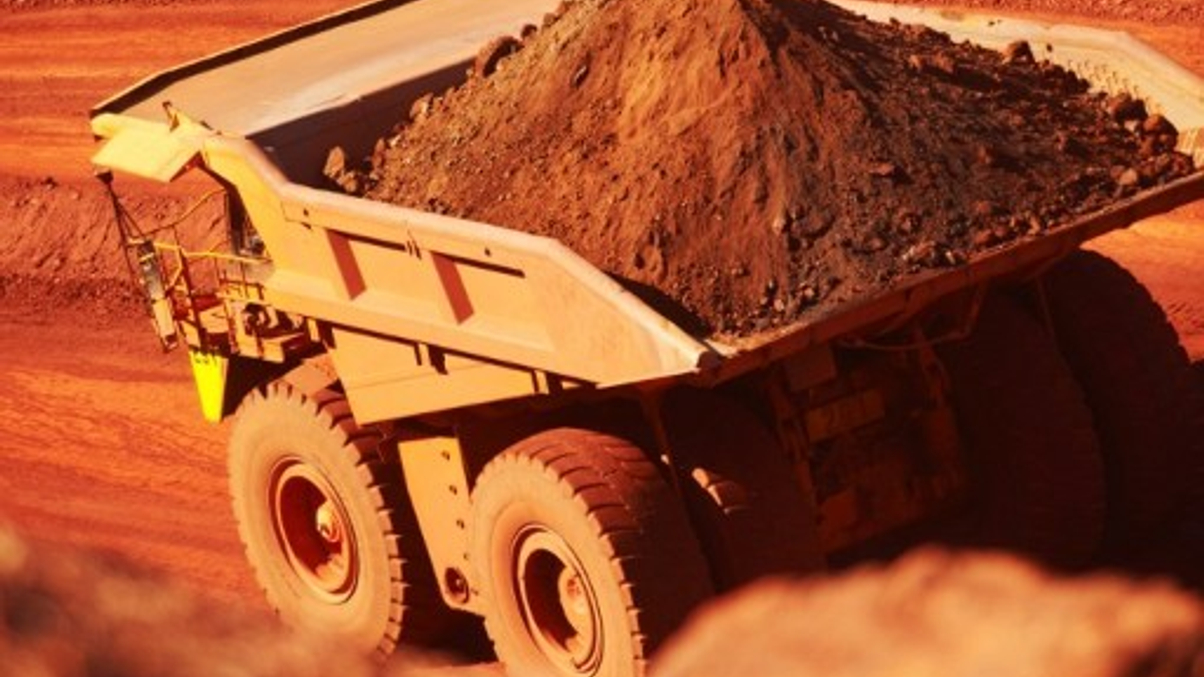Aussie miners courting Asian private investors
Australian investors appear to be shunning their domestic mining industry, leaving the sector hoping that Asian firms – particularly private ones – will fill the gap.

Australian mining firms worry that domestic retail and institutional investors have largely turned their backs on them, leaving Asian institutions to fill the void for funding the capital-hungry sector.
Sign in to read on!
Registered users get 2 free articles in 30 days.
Subscribers have full unlimited access to AsianInvestor
Not signed up? New users get 2 free articles per month, plus a 7-day unlimited free trial.
¬ Haymarket Media Limited. All rights reserved.


